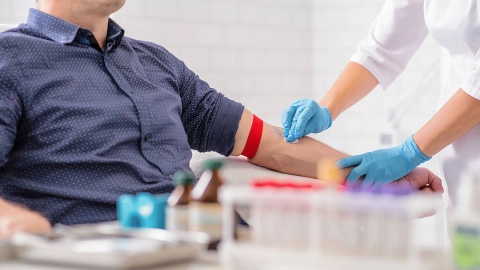ICD-Code I70.8: Atherosclerosis of other arteries
Deposits have formed in the arteries in your body.
The arteries carry the blood from the heart to the body. In your case, fats and calcium have been deposited in the wall of your arteries. This can make the wall of the arteries harder and thicker. The deposits can also cause the arteries to get narrower. Then, sometimes, not enough blood can get to the body.
Narrowed arteries can cause various problems. For example, the leg muscles may get sore as a result of doing something strenuous. The skin may tingle or be numb. Moreover, wounds may not heal well if the skin is not getting enough blood. And the organs can sometimes no longer work properly if they do not get enough blood.
Various risk factors can favor deposits in blood vessels. These include, for example, smoking, obesity, and high blood pressure.
Additional indicator
On medical documents, the ICD code is often appended by letters that indicate the diagnostic certainty or the affected side of the body.
- G: Confirmed diagnosis
- V: Tentative diagnosis
- Z: Condition after
- A: Excluded diagnosis
- L: Left
- R: Right
- B: Both sides
Further information
Source
Provided by the non-profit organization “Was hab’ ich?” gemeinnützige GmbH on behalf of the Federal Ministry of Health (BMG).

